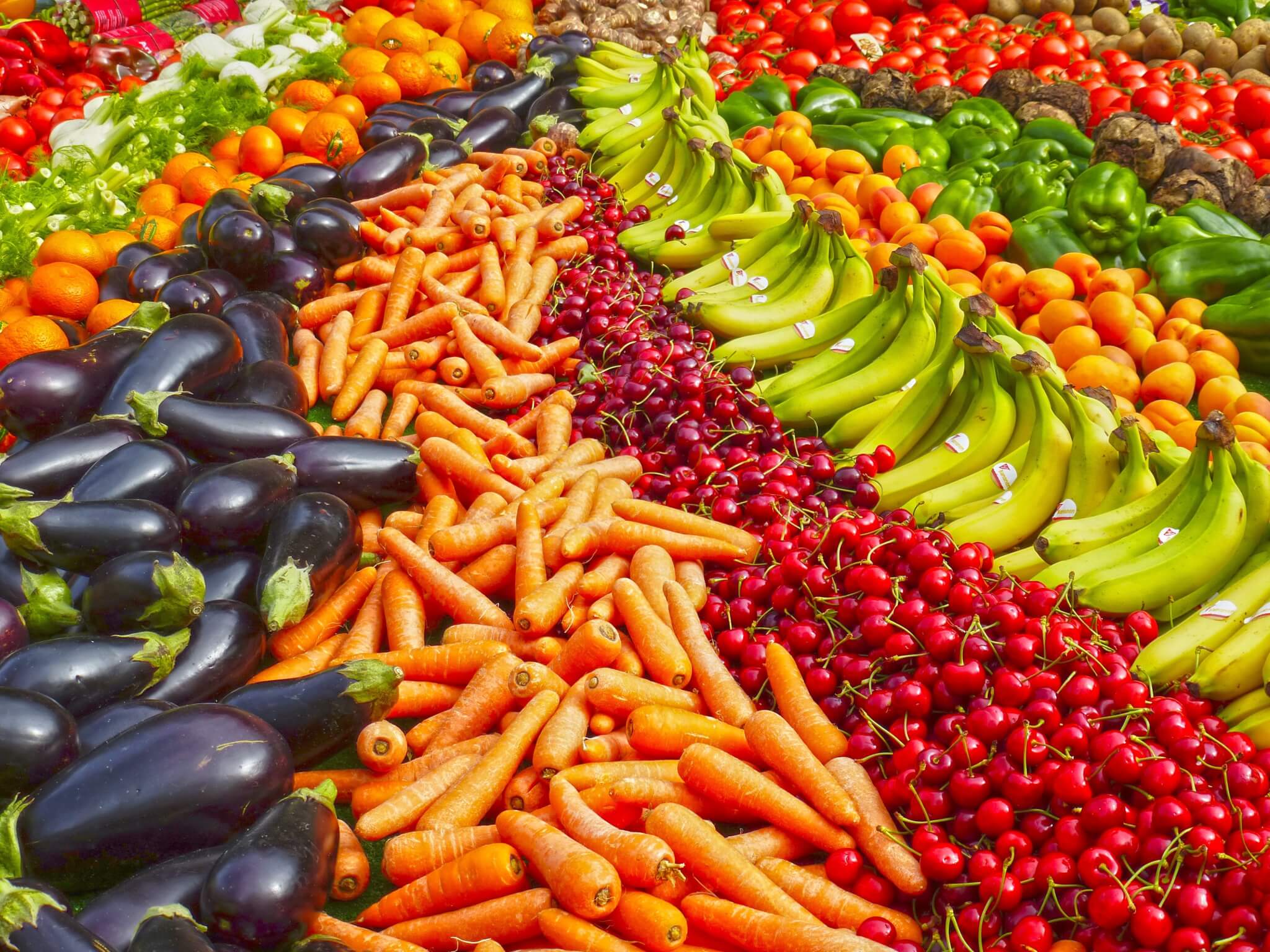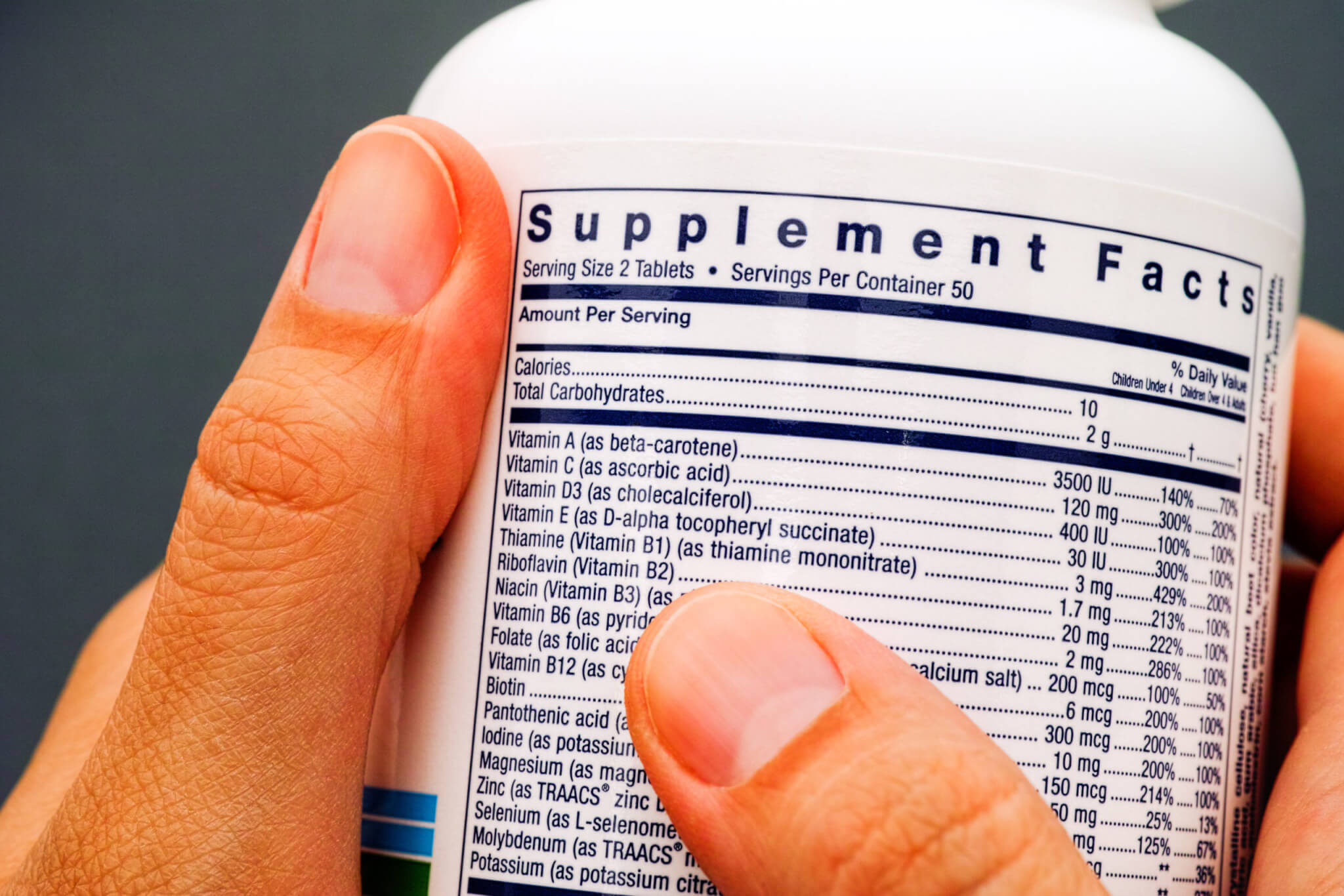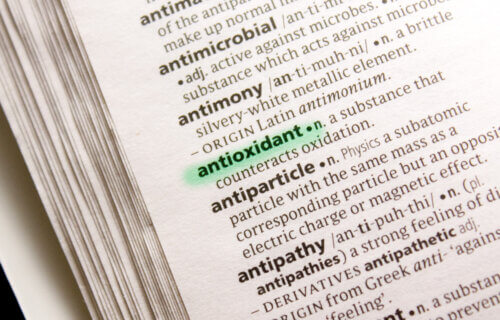In our bustling and ever-changing world, our bodies constantly face challenges from various environmental factors. One of the key players in defending our health are antioxidants, tiny yet mighty warriors in our bodies’ ongoing battle against cell damage.
Antioxidants are substances that help combat oxidative stress caused by free radicals. Free radicals are unstable molecules our bodies produce during processes like metabolism or in response to environmental stressors like pollution and UV radiation. These radicals can damage healthy cells, leading to accelerated aging and a higher risk for many diseases. Antioxidants neutralize free radicals, protecting our cells from harm.
These protective compounds are found in many foods, particularly fruits and vegetables. They are also available in supplement form, but getting them through a well-balanced diet is generally advised. Eating a variety of antioxidant-rich foods not only provides these essential nutrients but also offers a host of other beneficial compounds.
Incorporating antioxidants into your diet has several potential health benefits. They may help slow down cellular damage, reduce inflammation, and lower the risk of some chronic diseases. For example, studies have shown a correlation between antioxidant intake and reduced risk of Alzheimer’s disease, heart disease, and even certain types of cancer.

Different Types of Antioxidants
There’s a vast array of antioxidants, each with unique properties. Some well-known ones include vitamins like C and E, minerals like selenium, and flavonoids found in plants. Understanding these different types can help you diversify your antioxidant sources.
To reap the benefits of antioxidants, focus on eating various colorful fruits and vegetables. For instance, berries are rich in vitamin C and flavonoids, while nuts and seeds provide vitamin E and selenium. Whole grains and green leafy vegetables are also excellent sources.
Five Key Antioxidants and Their Sources
- Vitamin C: Found in citrus fruits, berries, and peppers, this vitamin is essential for skin health and immune function.
- Vitamin E: Present in nuts, seeds, and leafy greens, it’s known for its skin and eye health benefits.
- Beta-carotene: A type of carotenoid found in carrots, sweet potatoes, and squash, it’s important for vision and immune health.
- Selenium: A trace mineral in seafood, nuts, and whole grains, selenium plays a role in thyroid function and disease prevention.
- Flavonoids: Found in various fruits, vegetables, and tea, these compounds have various health benefits, including heart health.
One way to ensure adequate antioxidant intake is to include different colors in your meals, as each color often represents different antioxidants. Snacking on nuts and seeds or adding a sprinkle of them to your meals is another excellent way to boost your intake.
While antioxidants are beneficial, it’s important to maintain balance. Excessive intake, particularly from supplements, can have adverse effects. For instance, high doses of vitamin A can lead to toxicity. It’s always best to seek nutrients from food first rather than supplements.

Do Supplements Help?
Supplements can be helpful in certain circumstances, but they are not a substitute for a healthy diet. Importantly, what you read on the bottle might not be entirely true. Do you know where your supplements were made? Dietary supplements are not regulated as strictly as pharmaceuticals in many countries. This can lead to issues with the purity and potency of the products available on the market.
It’s essential to consult with a healthcare provider if considering supplements, especially as some supplements can interact with medications or have side effects at high doses. For instance, vitamin E supplements might interact with blood thinners and increase the risk of bleeding.
Relying on supplements for health benefits can also lead to a false sense of security, potentially leading individuals to neglect other important aspects of health like diet, exercise, and not smoking.
Bottom Line
Antioxidants are a vital component of a healthy diet, offering protection against cellular damage and contributing to overall health. The best way to ensure adequate antioxidant intake is by eating a varied diet rich in fruits, vegetables, nuts, and seeds. Remember, supplements should only be used under medical guidance and are not a replacement for a healthy diet. Embrace the power of these natural defenders and give your body the support it needs to thrive in today’s fast-paced world.




The reported “over doses” of vitamin A was from a chemist misreading the prescription and providing 100X the dose. It still took 4 months for any side effects to show.
Like the smoking studies, if you smoke 10,000 cigarettes per day, then after a while you will get cancer. If you drink 10,000 cups of coffee per day, then after a while you will get cancer. If you eat 10,000 candy bars per day, then after a while you will get cancer.